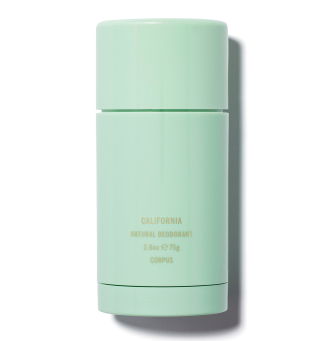
Whether internal or topical, Pierre said that medications can be another sneaky culprit behind your skin care woes. Certain medications, he explained, can cause irritation to your skin, making it important to talk to your doctor (or dermatologist) if this is of concern.
“Certain medications can stimulate oil production and acne, while others can cause rashes and red, dry, irritated skin,” he said. “This may require an adjustment to those medications, and certainly a change in the products you use.”




